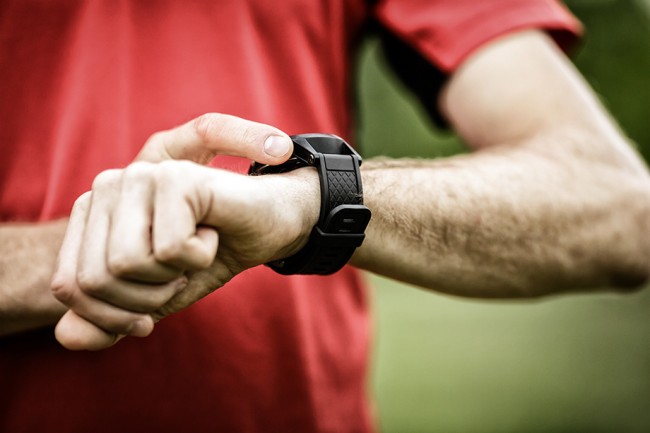When we work out, we typically think about muscles in our arms, legs, back, or abdomen. However, these aren’t the only muscles that get stronger with regular exercise.
What does your heart do?
Your heart, which is a muscular organ, gets a workout during exercise, too. Your heart’s full-time job is to distribute blood throughout your entire body. It can grow stronger and more resilient when it beats harder and faster.
When you’re stationary, your heart should beat between 50 to 100 times per minute to fall within the normal range. To narrow this down a little, most people’s hearts beat between 60 to 80 times per minute.
When you start your exercise, your muscles will start to work harder and demand more oxygen. This demand will cause sympathetic nerves to stimulate the heart to beat faster and increase overall blood flow with more force. The sympathetic nerves will also stimulate the veins, causing them to compress. These narrower veins will increase the velocity at which blood flows through your body. This will ultimately increase the amount of blood returning to the heart.
How fast your heart pumps during exercise depends on numerous factors, such as:
- Your age
- Your fitness level
- Intensity of the workout
- Your heart’s overall strength
Cardiac output is the rate of blood pumped by the heart. You can calculate this output by multiplying the rate at which the heart beats (heart rate) by the volume of blood the heart ejects with each beat (stroke volume). When your heart is pumping at full force, the cardiac output is about 20-25 liters per minute —compared to 5 liters a minute for a heart at rest.
Once you finish your exercise, your heart rate will begin to slow to a normal pace.
Since your heart is a muscle, it can benefit from being “strained” to a certain degree which trains and prepares it to work harder when you need it to, but it also helps it to perform better – even while at rest. Frequent exercise will cause your heart to grow stronger, making it easier for it to distribute blood throughout your body. A stronger heart means that each time your heart beats, it pumps more and more blood throughout your body. This allows your heart to beat less while still distributing the same amount of blood. All of this can keep your blood pressure under control.
Keep your heart healthy with regular check-ups by your doctor. Don’t have a doctor? Find one here.







